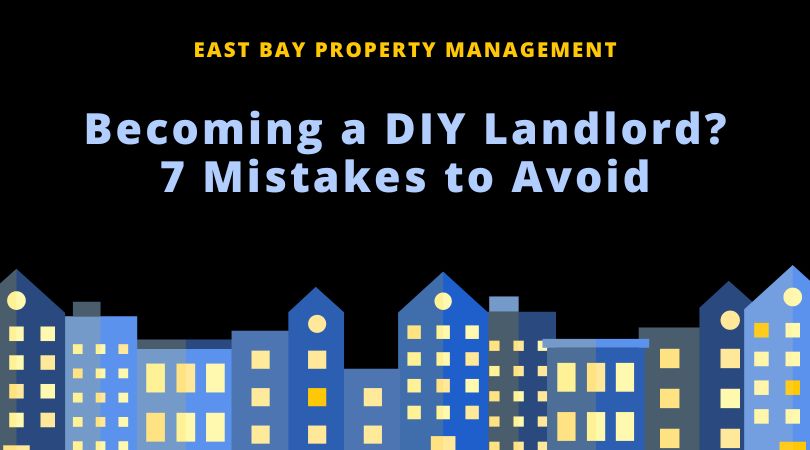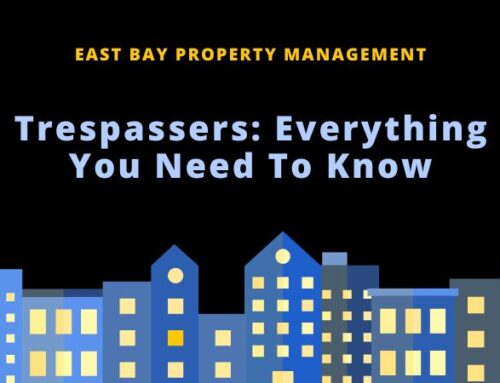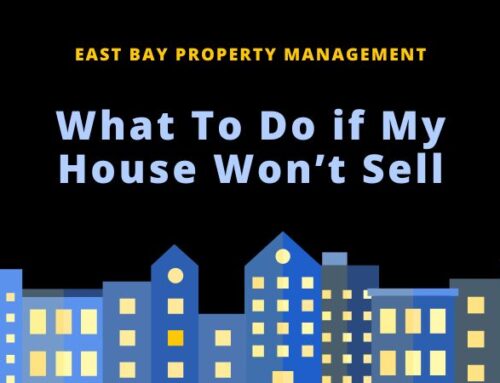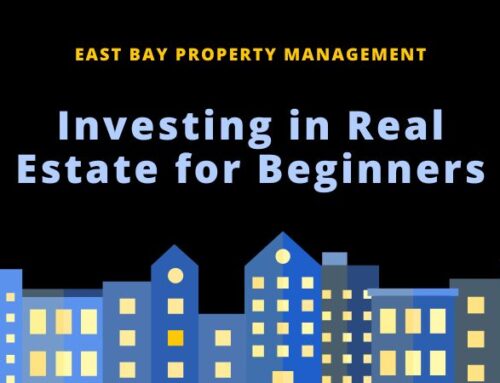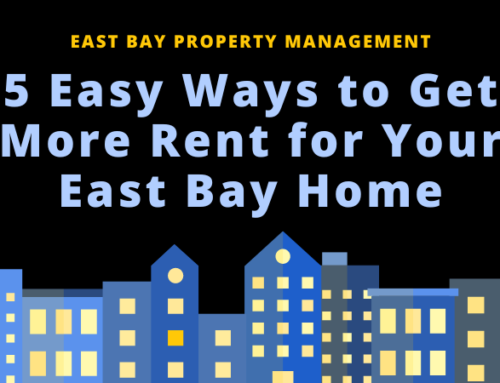Investing in rental properties can be a great way to earn extra income. But there are many duties and responsibilities in being a rental property owner. So, if you plan to own a rental property, it’s crucial to learn and understand the tasks required of you.
As a landlord, you can either manage your rental units by yourself, or you can work with a professional property management company to manage them for you. Some landlords think that it’s more practical to do things on their own, especially if they don’t want to spend money on property management fees.
But, at East Bay Property Management, we believe being a do-it-yourself landlord comes with a few risks. So, if you plan on becoming one, make sure to avoid these seven common mistakes:
Long Vacancies
When a tenancy term ends, your property essentially becomes vacant. Every landlord knows that a vacant property does not earn income, so this is something that you should avoid. When your rental home is empty, make sure to take the vacancy seriously and start your work right away to have it re-rented.
Failure to do so may lead to long vacancies, and ultimately, your property becomes a non-income-generating asset. Keep in mind that even vacant rental units have expenses. You still need to pay for your property taxes, insurance, utilities, and other costs associated with owning a house.

Lacking Market Knowledge
When you market your vacant property, it’s important to do your research and study the local market and your competitors. This allows you to set the right pricing for your rental unit. But many DIY landlords fail to research the market before they list their properties for rent. This often results in pricing the rental unit incorrectly and risking missing a lot of opportunities.
If you price your rental home too low, you risk not being able to maximize your income. Also, you risk attracting low-quality tenants who can only afford a very low price range. On the other hand, if you price your property too high, you risk people not being interested at all.
Ineffective Tenant Screening
Getting your property occupied is essential. But finding the right tenants is equally important. In fact, it should be your priority as a landlord. Remember that not all tenants will take care of your property, pay their rent on time, or abide by the rules and regulations stated in the lease agreement.
To ensure that you only accept high-quality tenants, a proper tenant screening process must be in place. So, you should not skip performing the necessary background checks, including verifying the applicant’s employment history, financial resources, credit record, criminal background, and past tenancies.

Avoiding Inspecting the Property
Routine inspections are one of the most important tasks of any landlord. As a rental property owner, you have the duty to provide a habitable space for your renters. This is the reason why we recommend you inspect your rental units regularly.
By doing routine checkups on your property, you’ll be able to provide immediate resolutions to small problems early on. Also, if you fail to inspect your property regularly, you won’t know if there are repair problems until they become bigger and more costly to handle.
Using a Non-Binding Lease
Before a tenant moves into the property, a strong and binding lease agreement should be in place. This agreement should outline all the terms and conditions of your agreement with the tenant, including the duties and responsibilities expected from both tenants and landlords.
The lease agreement should also include the legal rules and the possible repercussions in case a party fails to comply with any of these provisions.
If you don’t create a proper and complete rental agreement, tenants might have a claim against you for not letting them know their duties. Without a proper rental agreement, you won’t be able to enforce the terms of your lease and you might end up having to deal with a bad tenant for a while.

Failing To Communicate With Your Tenants
It’s normal for tenants to report issues from time to time. It is your duty as a landlord to ensure that your place meets the habitability standard as stated in the law. That’s why if tenants report maintenance or repair issues, you have to address them promptly and provide solutions as soon as possible. This can help build a good business relationship with your tenant and satisfied tenants will stay for the long term.
Delaying Evictions
As soon as a tenant violates any provision in the lease, make sure to follow the legal process right away. For instance, if a tenant missed a rent payment, make sure to send a notice as soon as possible. Failure to do so may give you a more difficult eviction process.
Bottom Line
The mistakes listed above can be easily avoided. But the responsibilities of these certainly can be time-consuming. So, if you have any questions or need help managing your rental property, don’t hesitate to contact us today!
Hiring a property manager can help you with all the legal processes of renting out your property. Plus, a professional property manager can help ensure that you maximize your income, communicate with your tenants, perform screening, collect rent, and much more! They will perform all the tasks of being a landlord on your behalf.

